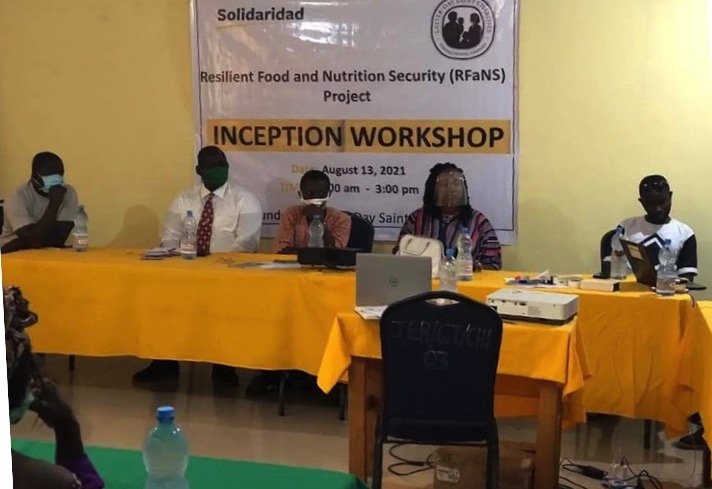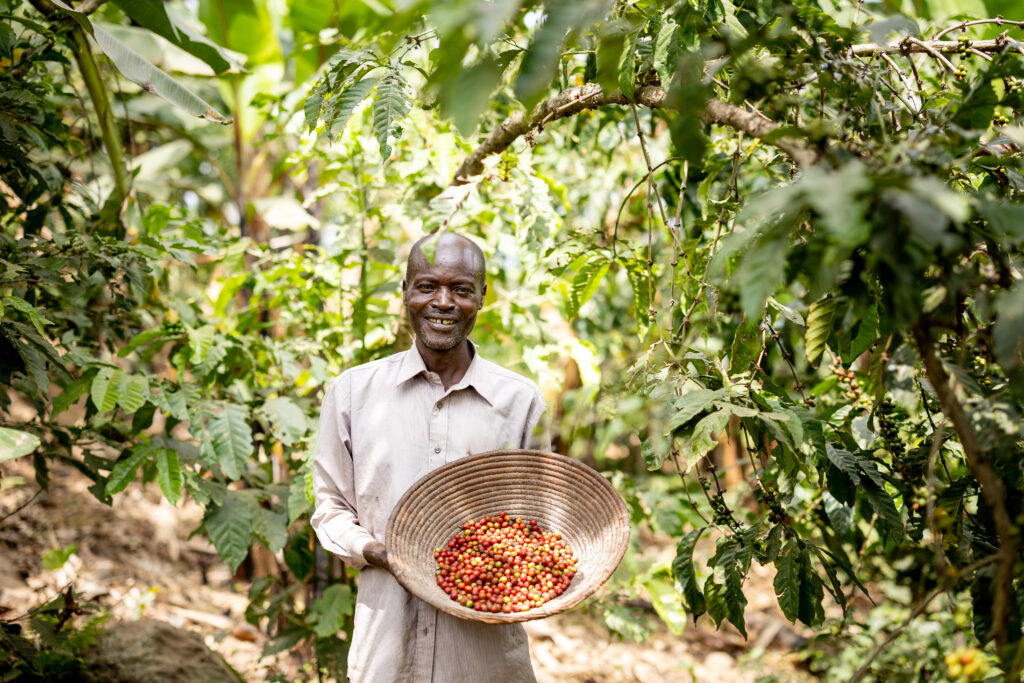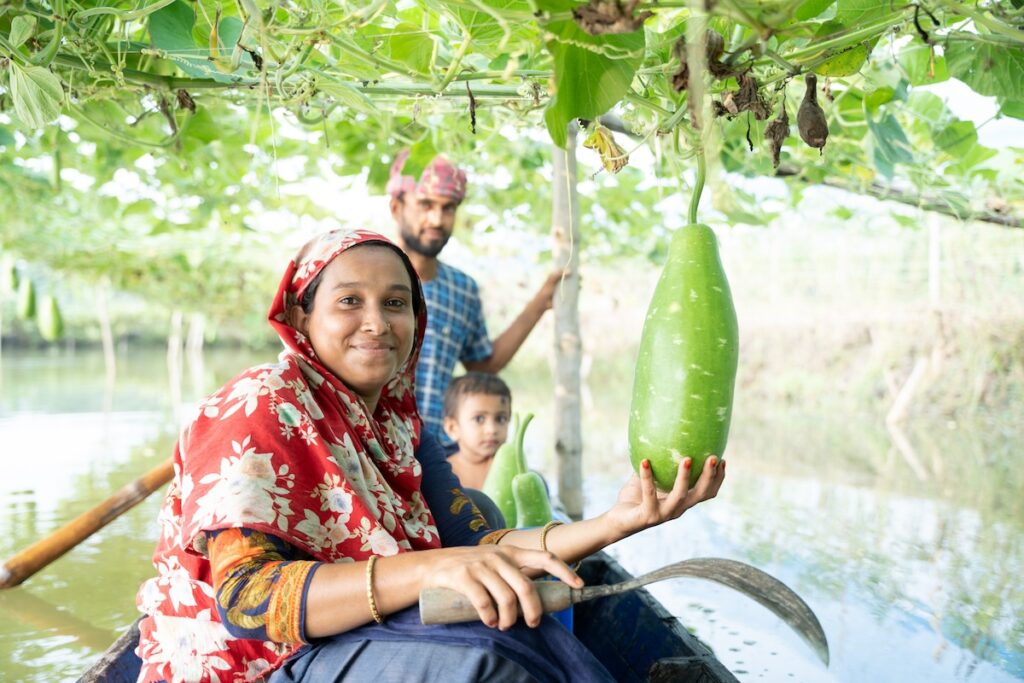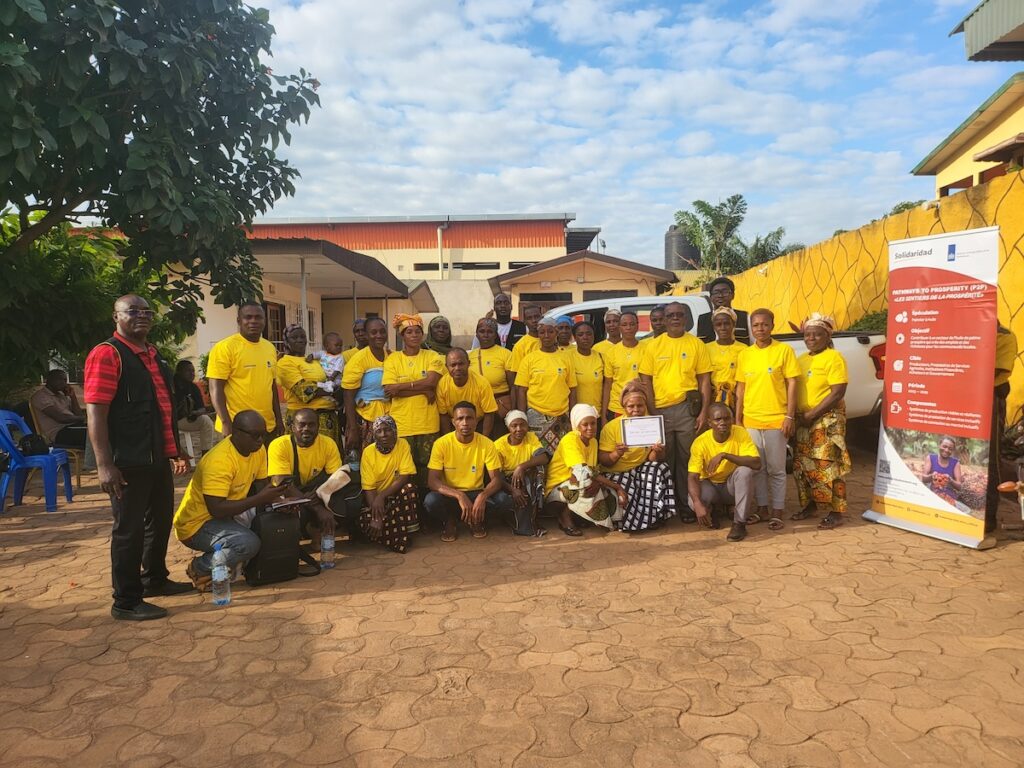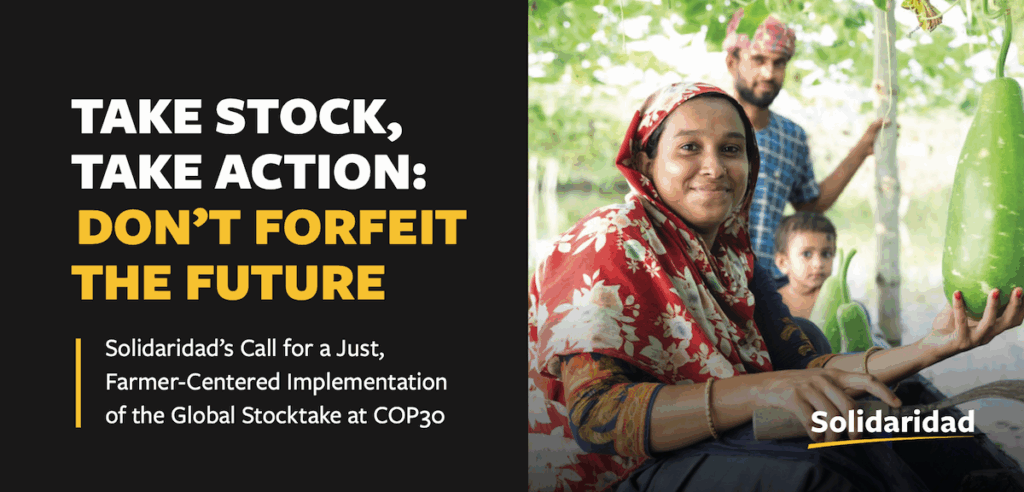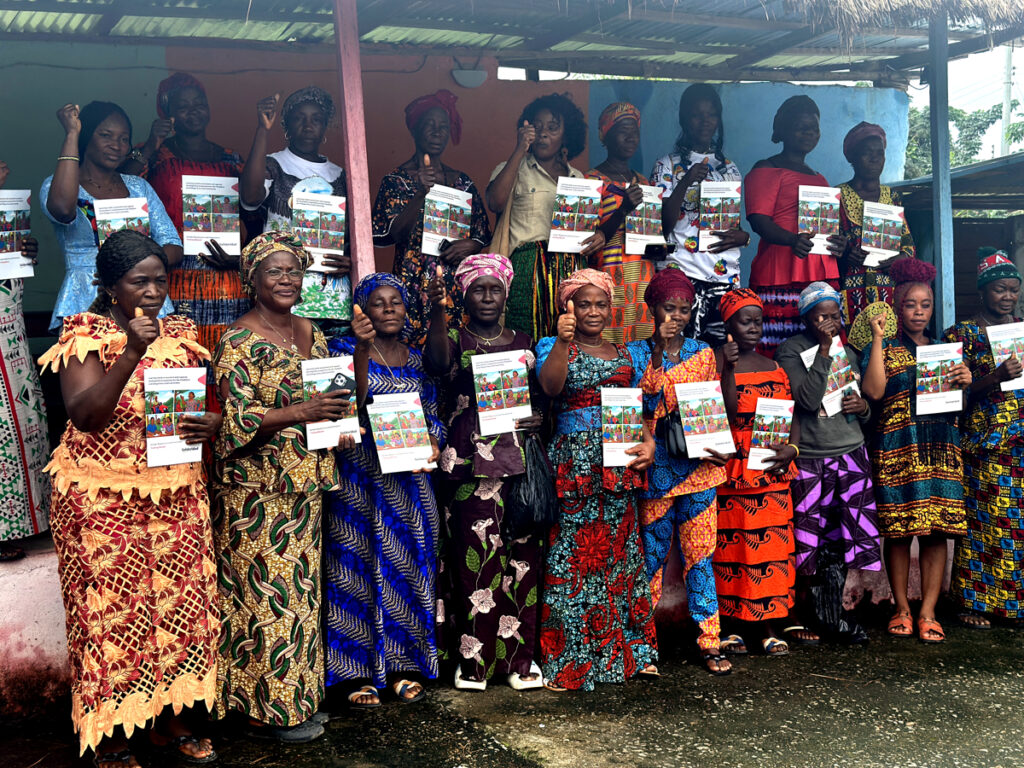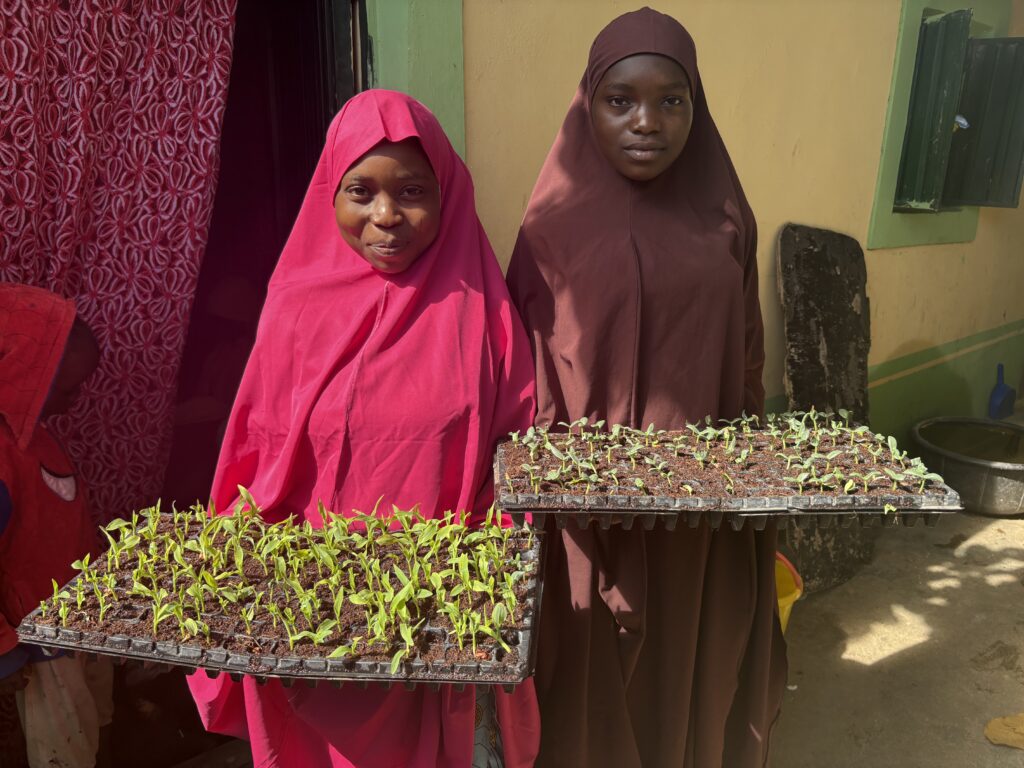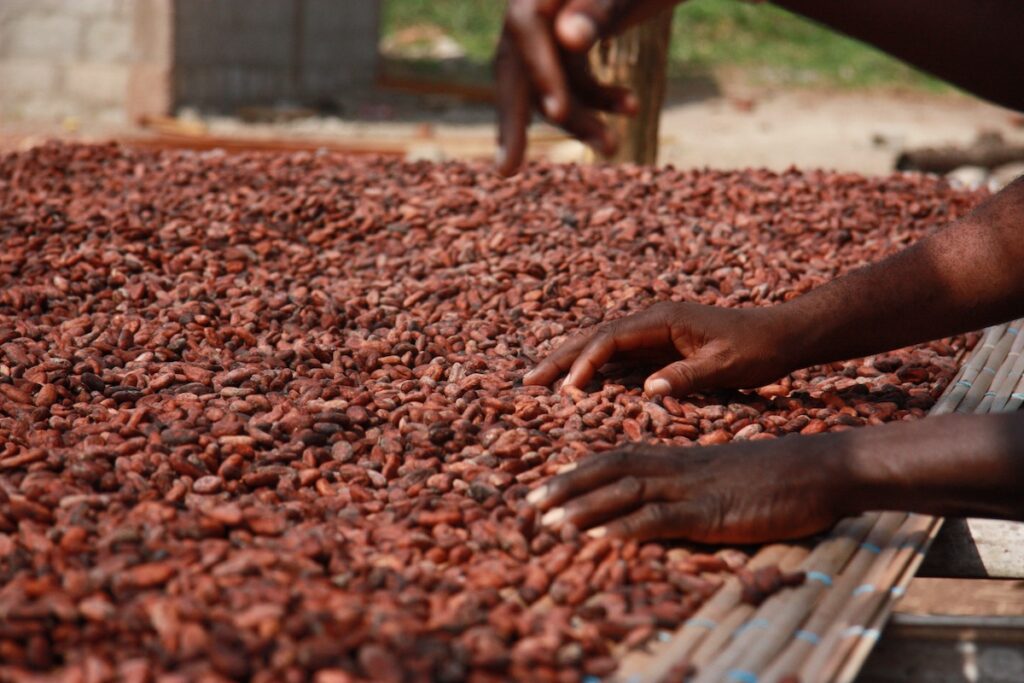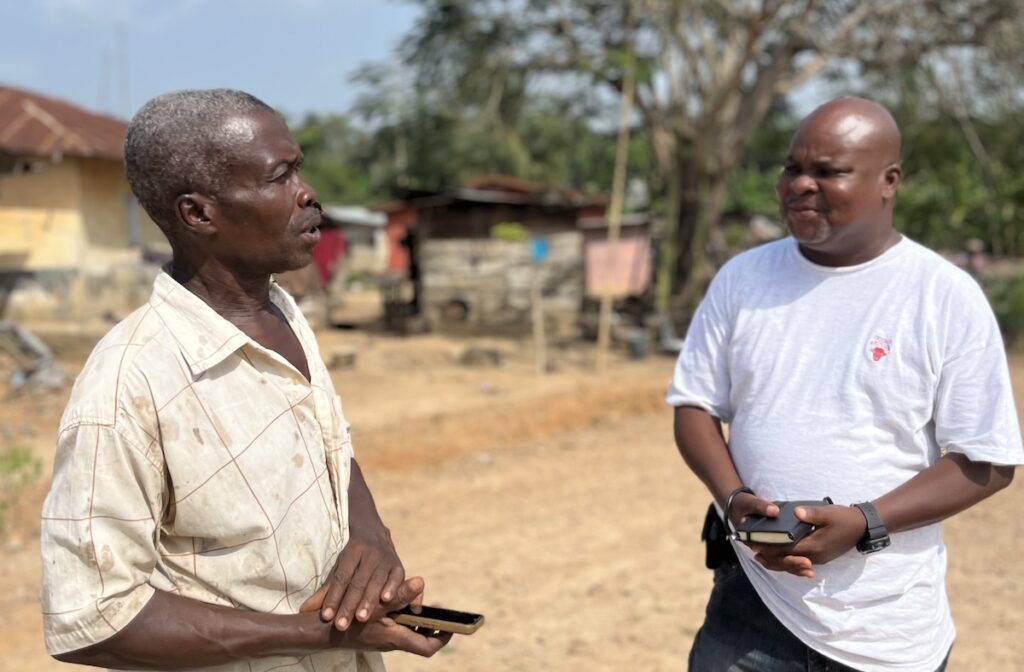Many of the smallholder farmers in the beneficiary districts have experienced a vicious circle of poverty and food insecurity, coupled with an increasing population. The challenges are worsened by declining soil fertility and erratic rainfall caused by climate change.
The one-year project, which is funded by the Latter-day Saint Charities, seeks to build women’s capacity in food production and income generation through a comprehensive community action approach as part of efforts to reduce poverty and improve food insecurity in vulnerable communities.
At a one-day workshop to formally launch the project, John Maada Paul Sinnah, programme manager at Solidaridad in Sierra Leone, said beyond women, the project will also improve the food and nutrition security situation of children under the age of five by increasing access to agricultural inputs and enhancing ecological stability through sustainable land use practices and alternative livelihood opportunities by the end of 2021.
Calling for cooperation
He called for a strong cooperation from smallholder women farmer groups, the Ministry of Agriculture and Forestry, and all stakeholders to ensure that the project is fully implemented and monitored to realise its objective.
Present at the launch were representatives of the Latter-day Saint Charities, Women in the Media, the Ministry of Gender and Children Affairs, District Council Representatives, Sierra Leone Police, group heads, partners, and the project team across all three districts.
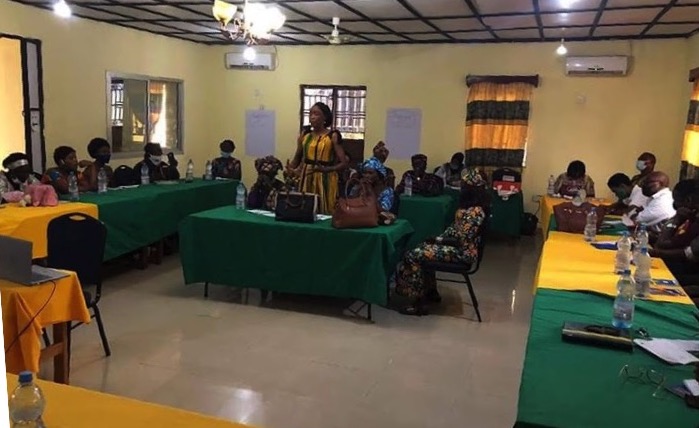
Sylvester Mansell, the Bo district crops officer, who doubles as the southern regional crops lead of the Ministry of Agriculture and Forestry, said the ministry was poised to collaborate with Solidaridad on other programmes to improve the livelihood of smallholder farmers and their families.
“The ministry has enjoyed very good cooperation with Solidaridad in Sierra Leone over the past five years. We have been happy with the quality technical support under the relationship. It comes as no surprise that the Latter-day Saints Charities also identified Solidaridad as the partner of choice to implement this vital project in the country,” Sylvester said.
For his part, John C Walters, stack president of the Latter-day Saint Charities, said his organization has over the years collaborated with 52 trustworthy organizations in 195 countries worldwide, including the UNHCR, UNICEF, Water Aid, Catholic Relief Services, and now Solidaridad.
The Resilient Food and Nutrition Security intervention is critical to the empowerment of women as it seeks to support communities to prioritize their needs through a well-structured, inclusive, gender sensitive and mutually agreed approach for the project implementation.
John C Walters, stack president of the Latter-day Saint Charities
He indicated that the project will also train 60 new and existing women’s groups in food production, Village Savings and Loan Association, Gender Family Model and entrepreneurship.
He urged all women’s groups to adopt the project and called for a robust monitoring mechanism throughout the project life cycle.
Heads of women’s groups present at the workshop also expressed their gratitude to Solidaridad and the Latter-day Saint Charities for the intervention. They expressed their willingness to engage in and support the implementation process.

